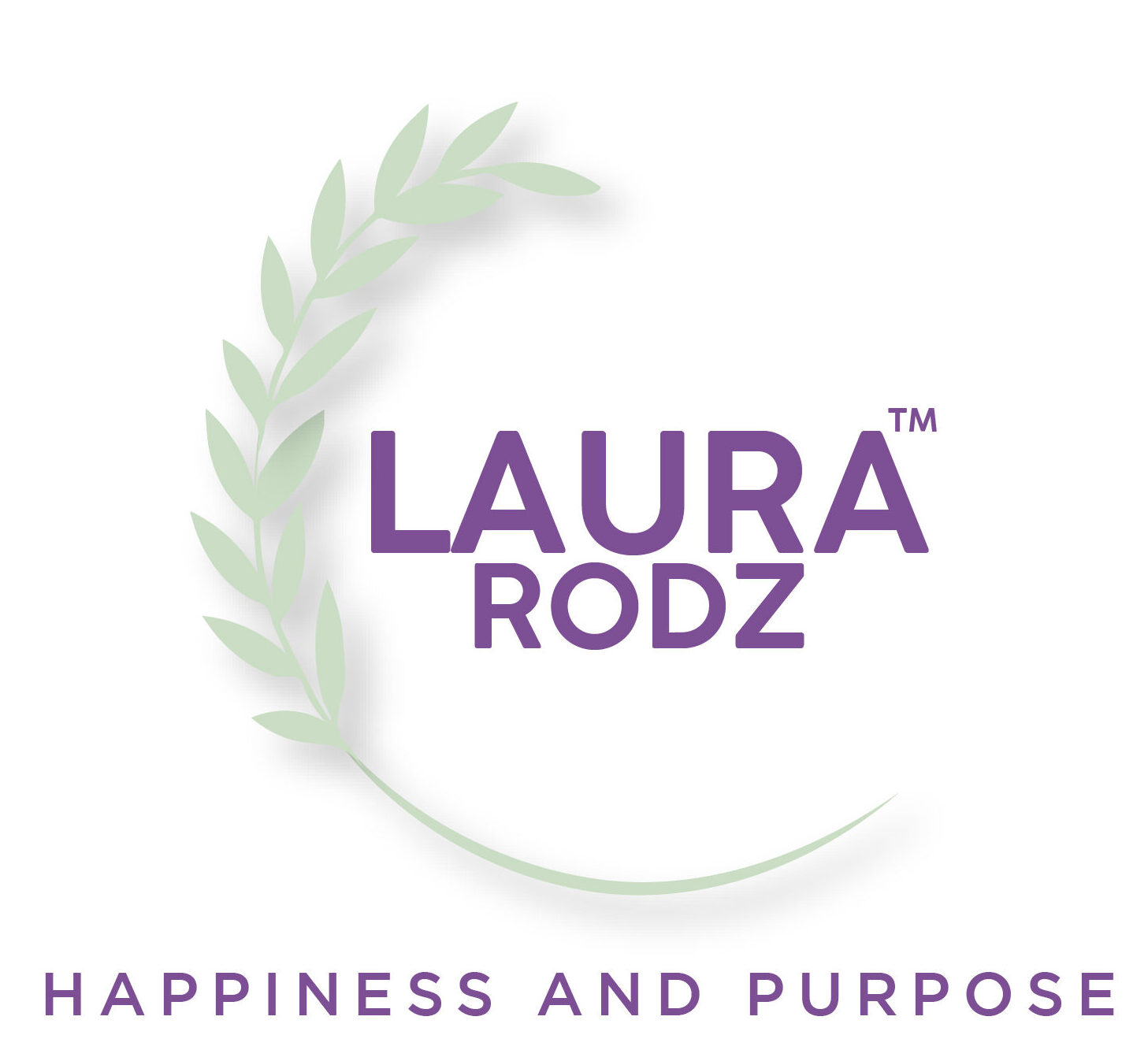Pros And Cons According To Specialists As Well As Some Alternate Methods
(Disclaimer: this isn’t a medical article, do not use it as a way to diagnose yourself)
Psychology today is one of the professions that is developing the fastest and that’s for two main reasons.
One of them is that the more we know about the human brain, the more eloquent our theories and methods get and the other is that the fast-changing environment of today has a substantial effect on most people.
As a result, the number of patients in this field of medicine has jumped in recent years, one in eight (12.1%) adults is actively going to therapy and 10.4% take medication.
Judging by those numbers it’s easy to understand why it’s important to be informed about the use of medicine as well as the pros and cons of taking it.
Pros Of Taking Medications
In regards to chronic and more “heavy” illnesses medications are extremely useful both in the long and short term.
They make the disease easier to deal with in a more consistent way, given that the patient follows the exact prescription and recommendations of their doctor.
The effects that people notice within just a few weeks are overwhelmingly positive. It should also be mentioned that in extreme moments, such as psychotic episodes and mania, medicine is pretty much the only thing that can help.
Also, diseases that are chronic are known to have a deteriorating effect on the brain itself and medicine helps prevent this.
The main illnesses that we know medication has an overall astoundingly positive effect on are those that have their roots in biology – for example schizophrenia, chronic depression as well as sometimes bipolar and anxiety disorder.
Not only do medications help in stopping the deterioration of the brain, but they also increase its overall function.
They help with mood swings, psychotic episodes, overall treatment, have a calming and focusing effect, and help with the therapy patients should receive.
These are only a part of the potential uses of medication when it comes to serious illnesses.
They are also known to have a positive effect in much more mild conditions when taken the way they have been prescribed.
For example, treating anxiety disorder often comes with taking SSRIs (selective serotonin reuptake inhibitors) which should be used very carefully, but have a positive effect if the prescription is followed.
Cons Of Taking Medications
The scariest thing about medications is addiction. Fighting fire with fire is a term that fits well here.
Getting addicted to most psychotropic medications is easier than people presume because they directly influence the brain.
Withdrawal is also a big concern, mainly because it seems like the illness is returning and patients often believe that they should continue taking what’s been prescribed.
There’s also an ongoing debate on how some meds affect the brain long term and whether they should be used just in extreme situations or on a “day to day” basis.
Side effects are common in these drugs too, ranging from drowsiness and weight gain to insomnia and hallucinations in more extreme drugs.
Overall taking medications for your mental health is a very serious subject and comes with dangers.
A lot of people are opposed to taking meds for their mental health and that can turn into a big problem when those medications are necessary.
However one should always be aware of the negative effects meds can have, both long and short term.
Alternate Methods
There are many methods that psychologists offer as alternatives to taking medications. Therapy should always be a part of treatment, however the more methods you come into contact with the better.
EMDR therapy (eye movement desensitization and reprocessing) for instance is generally used for trauma from past experience, concentrating between memories and the present.
Holistic treatment takes into consideration the connection between the body and mind and works its way from the idea that they are connected, for instance, that stress and anxiety can lead to chronic physical pain.
Biofeedback concentrates on controlling functions of the body that are usually involuntary, helping people with ADHD, depression, etc. by learning the body’s own relaxation techniques and how to control them.
Conclusion
Taking medications is something one should never do lightly and without research. There are multiple occasions in which medications are useful and sometimes even necessary, however one should always remember how dangerous they can be, if not taken in the right way.
For light conditions, medications can help but often aren’t mandatory and should never be the “go-to” response.
For more serious illnesses medications are a tremendous help, but it is absolutely essential to be taken in the exact way they have been prescribed, seeing as they are extremely potent.
For both situations it is a good idea to try some alternative methods that do not involve meds, seeing as they might work very well in your case.
